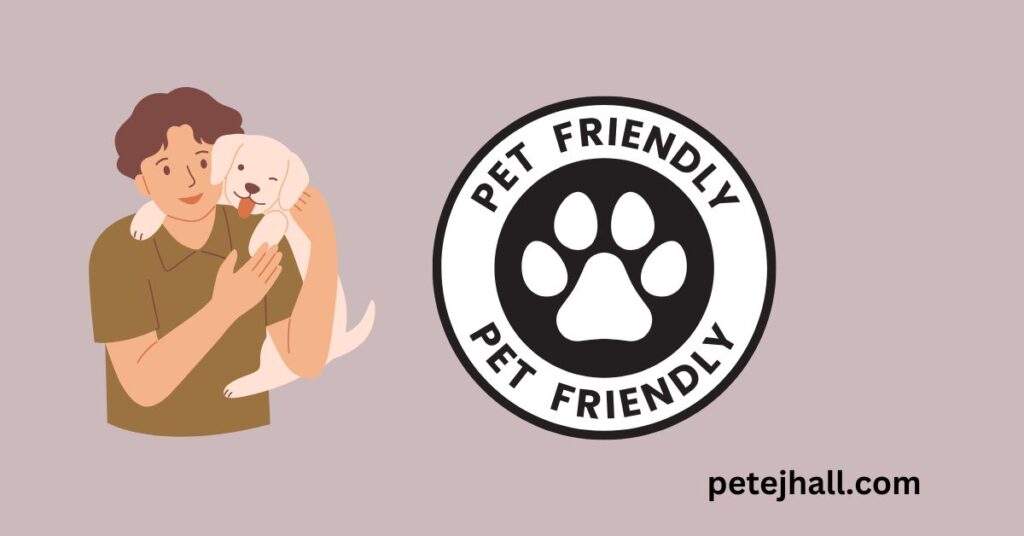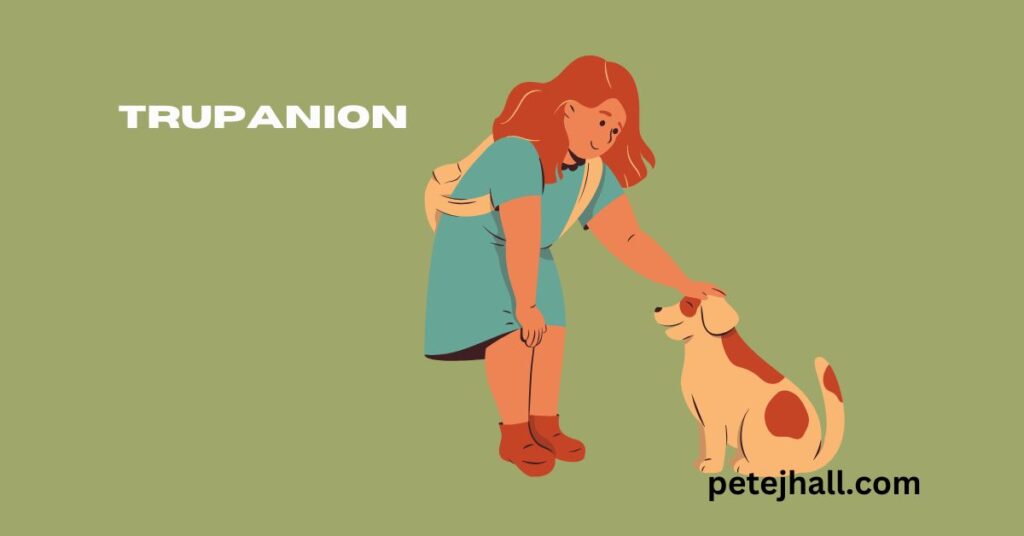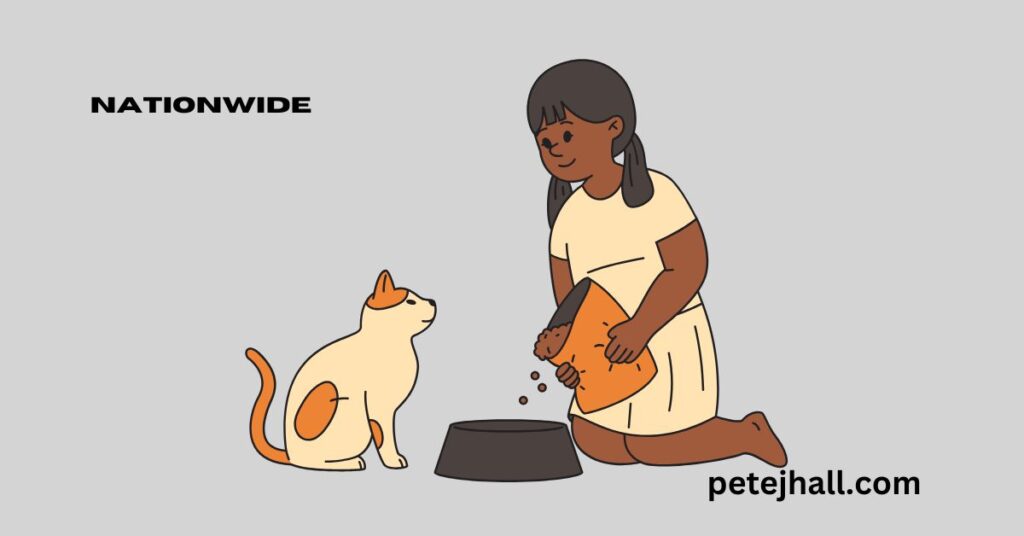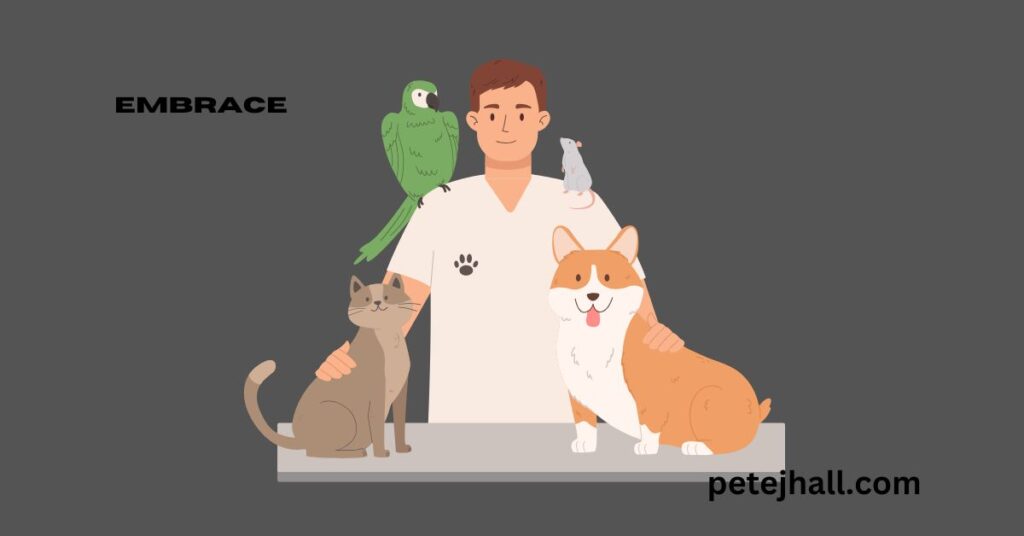If you want peace of mind when it comes to your awesome pet’s health, then pet insurance may be your answer. However, a common question among pet owners is Do All Veterinarians Accept All Pet Insurance? It’s not quite as simple as, say, health insurance for people, but if you understand how pet insurance works, you can make the right choices for your four-legged family members.
How Pet Insurance Works
Pet insurance works on a reimbursement basis, as opposed to human health insurance. This is a reimbursement system, meaning the pet owner pays the vet bill directly and then seeks reimbursement from their insurance provider. After deductibles and potential exclusions, pet insurance providers will cover a portion of the cost (as outlined in your plan).
Because pet insurance functions like this, you don’t have to concern yourself with whether your vet “accepts” a certain insurance plan. Instead, you’ll have to verify if your vet offers the documentation your insurance company requires in order to process claims.
Does Your Vet “Accept” Pet Insurance?

On a technical level, veterinarians do not “accept” or “reject” pet insurance, because they do not bill the insurance company directly. Instead, they send you itemized invoices and medical records to submit to your insurer. However, some veterinarians are more familiar with the specific procedures involved in filing insurance claims, which could potentially assist you in the process.
Be sure to ask your vet what their policy is with respect to pet insurance. Some practice groups may recommend particular insurers, or they may also have tools that streamline the claims process.
Key Factors to Consider
Coverage and Plan Flexibility
No pet insurance plan covers every condition, procedure, or treatment. Common exclusions include pre-existing conditions, routine wellness care (unless added as an optional rider), and elective procedures. Check the fine print before you pick a pet insurance plan to make sure it works for your pet’s needs and your budget.
Claim Processing Times
Claims processing speed varies widely among insurance companies—some process claims quickly, while others take weeks or months. If your vet requires payment upfront, it’s critical to select an insurer that pays promptly.
Vet Recommendations
While vets don’t deal directly with pet insurance providers, they might steer owners toward certain insurers based on feedback from other clients. Open-ended enquiries to your vet or other pet owners in the area can be a good way to find out which insurance providers have a good reputation.
The availability of pet insurance providers in our popular comparison tool
Some of the most commonly known pet insurance companies that have general coverage for a variety of veterinary services include:
Healthy Paws

Healthy Paws Pet Insurance is a super familiar insurance provider that offers a broad range of coverage for accidents, illnesses, and emergency care. It’s popular among pet owners for its simple plans and unlimited lifetime benefits.
Pros
Extensive Coverage: This covers accidents, illnesses, inherited diseases, and alternative treatment.
- Unlimited Payouts: There are no annual or lifetime caps on benefits.
- Quick Processing of Claims: After filing, many claims receive reimbursement within 2-3 days.
- Customer Service: Rated high—Positive for responsiveness and support.
- Mobile Application: Follow claim filing steps via the app.
Cons
- No Routine Care Coverage: There are no wellness or preventative care add-ons.
- Age-Based Limitations: We may offer less coverage or higher premiums for pets over 6 years old.
- Pre-Existing Conditions Are Not Covered: Similar to most insurers, this policy does not cover pre-existing conditions.
- The One Plan Option does not offer any flexibility in coverage levels.
Rating
Overall Rating: 4.7/5
Coverage: 4.8/5
Claim Process: 4.9/5
Affordability: 4.5/5
Customer Support: 4.8/5
Feedback from Pet Owners
Positive Feedback:
- The claim process is super easy, and reimbursements are quick!
- Unlimited coverage ensures complete coverage for my pet.
Negative Feedback:
- The number increased as my pet grew older.
- I wish they had a way to cover normal care.
Trupanion

Trupanion is a well-known pet insurance company providing extensive coverage for accidents, traumas, and diseases with a genetic background. Then, unlike many competitors, Trupanion allows for direct vet payments at eligible clinics, which means less out of pocket in many cases for pet owners.
Pros:
Direct Vet Payment: This means a vet can get money upfront (in some scenarios) without collecting money upfront.
- Broad Coverage: This coverage encompasses chronic, congenital, and hereditary conditions.
- Unlimited Payouts: No annual or lifetime caps on reimbursements.
- Easy Pricing: Just one plan, adjustable deductibles.
- Claims Handling: Easily processed in the least amount of time.
Cons:
- Routine Care Coverage: This policy does not cover wellness visits or preventive care.
- More Expensive: Prices can be higher than others.
- Waits for claim reimbursement: The model involves direct payment at a limited crocodile vet network.
- Powerful Pre-Existing Conditions Clause: Stuff you were diagnosed with before sign-up won’t be covered.
Rating:
⭐ 4.5/5
While Trupanion receives high marks for its direct payment to vets, unlimited payouts, and comprehensive coverage, its higher price point and limited routine care options cause it to fall short.
Customer Feedback:
Positive:
- Praise the new direct payment option. “I love the option with the direct payment!”
- Trupanion has saved my senior cat from years of medical treatment.
Negative:
- The premiums are expensive, and they go up as my pet gets older.
- I wish they had more options for wellness care, like other providers.
ASPCA Pet Health Insurance

ASPCA Pet Health Insurance has flexible and high-quality plans that cover everything from accidents and illnesses to optional routine care. The plans are available at crumandforsterpetcc.com and vary in coverage, ranging from diagnostics and treatments to preventive care, according to the administering company, Crum & Forster Pet Insurance Group.
Pros
- You can customize plans to include accident-only, illness, and wellness coverage.
- Thorough Coverage: This includes diagnostics, alternative therapies, and hereditary conditions.
- National Coverage: Works with any licensed vet in the U.S. or Canada.
- The Multi-Pet Discount offers a 10% discount when you insure two or more pets.
Cons
- Extended Wait for Reimbursement: The processing of the claim may require several weeks.
- Pre-Existing Conditions Not Covered: Most pet insurance plans do not cover pre-existing conditions as standard practice.
- Wellness Add-Ons Cost Extra: Having routine care requires paying an additional premium.
- Policy disadvantages: The limits on coverage per calendar year may be lower than those offered by some competitors.
Rating
Overall Rating: ★★★★☆ (4/5)
Value for Money: ★★★★☆
Ease of Use: ★★★☆☆
Claims Process: ★★★☆☆
Coverage Options: ★★★★★
Customer Feedback
Positive Reviews:
- The wellness add-on has been a game changer for our routine visits—so flexible!
- ASPCA’s support team was amazing and so super helpful in the course of a stressful emergency!
Negative Reviews:
- It can be frustratingly slow to get through claims processing.
- The reimbursement amounts were less than I anticipated for a significant surgery.
Nationwide

Nationwide: As the leading brand in pet insurance, they provide coverage for dogs, cats, and even exotic pets. They offer well-rounded accident, illness, and wellness care plans, so they are a favorable all-round option for a range of pet owners.
Pros:
- It provides coverage for exotic pets such as birds, reptiles, and small mammals.
- Plans can include extensive coverage, with wellness add-ons.
- Nationwide has a respectable reputation and a strong foothold in the pet insurance space.
- Multi-pet discounts are offered.
Cons:
- The business offers some of the highest premiums in the industry.
- There are limited options for determining the reimbursement percentage.
- Some users experience lengthy processing times for claims.
- Excludes pre-existing conditions.
Rating:
⭐⭐⭐⭐☆ (4/5)
Feedback:
· Positive:
- Nationwide provides coverage for my parrot, a feature that sets them apart from other insurance companies. I have found their wellness plan to be incredibly helpful.
- Filing claims is easy, and customer service is pleasant and responsive.
Negative:
- The monthly premium is a little high compared to other plans.
- I wish they had a quicker reimbursement process. The payment process can take weeks.
- Nationwide is an excellent choice, particularly for individuals with exotic pets or those seeking robust wellness coverage, but it might not be the most economical choice.
Embrace

Embrace Pet Insurance covers accidental illness and optional wellness care. Embrace Pet Insurance is renowned for its customizable plans and a diminishing deductible feature, which can significantly benefit healthy pets over time.
Pros
- Customisable Plans: Select coverage levels, annual caps, and deductibles to suit your needs.
- Wellness Rewards are an optional add-on for preventive care, such as vaccinations and dental cleanings.
- Diminishing Deductible: This method lowers your annual deductible by $50 for each year you do not make a claim.
- Alternative treatments include things like acupuncture, chiropractic work, and hydrotherapy.
- Extensive Coverage: Addresses conditions specific to certain breeds and congenital issues
Cons
- There is no direct vet payment available; you must pay upfront and then receive reimbursement.
- Age Limitations: Certain coverage limits apply to older pets (14 years old and above for illness policies).
- The waiting period is 14 days for illnesses and 6 months for orthopaedic conditions.
- Pending conditions are not covered, as is the case with most pet insurance plans.
Rating
⭐⭐⭐⭐☆ (4.5/5)
Embrace receives high marks for its flexibility and unique offerings, such as the diminishing deductible, but long waiting periods and a requirement to pay for services upfront may be a downside for some pet owners.
Customer Feedback
Positive:
- Embrace has been fantastic! “They handled my claims quickly, and they paid for alternative therapies for my dog’s arthritis.
- The wellness rewards program reduces the cost of routine care dramatically.
Negative:
- I was disappointed about the 6-month waiting period for orthopedic coverage; I felt it was too long.
- The premiums for older pets can be quite expensive.
- Compare plans, premiums, deductibles, and reimbursement rates from the different providers before you buy to make sure one suits your needs.
How to Make That Process Go Smoothly
- Communicate With Your Vet: Tell your vet that you have pet insurance and ask if he or she is familiar with the provider. They might have some tips on how to make documentation easier.
- Get Detailed Records: Make sure you bring back all the paperwork you will need on your visit, including itemized invoices for what you have done and detailed medical notes.
- Know Your Policy: To avoid surprises, familiarize yourself with the specifics of your plan’s coverage, limits, and exclusions.
- Submit Claims Promptly: Turn in your claims as soon as possible, allowing the processing time to be shorter and your payment to be faster.
The Bottom Line
Veterinarians do not “accept” or “reject” pet insurance the way doctors do human health insurance. Pet owners, on the other hand, must pay directly and then request reimbursement from their insurance companies. With a good insurance policy and excellent communication with your vet, you can make sure your pet gets the necessary treatment without burying yourself in debt.
We know you’re awesome, and we hope you’re good at investing. Investing in pet insurance is a lifesaver when the unexpected health issue pops up. With the proper knowledge under your belt, you’ll be ready to work your way through the system and get back to doing what’s most important: taking good care of your wonderful pet.
Q&A: Do All Veterinarians Accept All Pet Insurance?
Not all vets accept pet insurance.
Pet insurance does not operate like human health insurance. Vets do not “accept” or “reject” individual pet insurance plans. Rather, you remunerate the veterinarian directly upon filing a claim with the insurance company.
Can insurance pay for every trip to the vet?
It depends on your plan. Most insurance plans generally cover accidents or illnesses, but they may only include coverage for routine care like vaccinations, dental cleanings, and wellness exams if you purchase an add-on plan.
Do vets prefer to choose which pet insurance provider to recommend?
Vets may recommend pet insurance companies based on feedback from other clients, but they generally stay neutral. See if your vet has used certain providers and has any recommendations.
How do I know if my vet will accept my pet insurance?
Veterinary clinics typically accept any pet insurance, as vets only document claims. Make sure to confirm with your vet that their services include detailed invoices and records required for insurance claim filing.
Is my pet covered if they have a pre-existing condition?
Most pet insurance companies exclude coverage for pre-existing conditions. Yet some providers can cover conditions that are curable and symptom-free for a specified amount of time (like 12 months).
How long does it take to receive reimbursement?
Provider Level Payment Times: Jackson et al., 2014 while some insurance companies might process claims in a few days to a week, others might take weeks to process. Before enrolling, check how long your provider takes on average to reimburse.
For exotic pets, is there pet insurance coverage?
Yes, certain companies offer this option: Nationwide, for example, will cover exotic pets such as birds, reptiles, and small mammals. If you own a nontraditional pet, make sure to research specialized plans.

